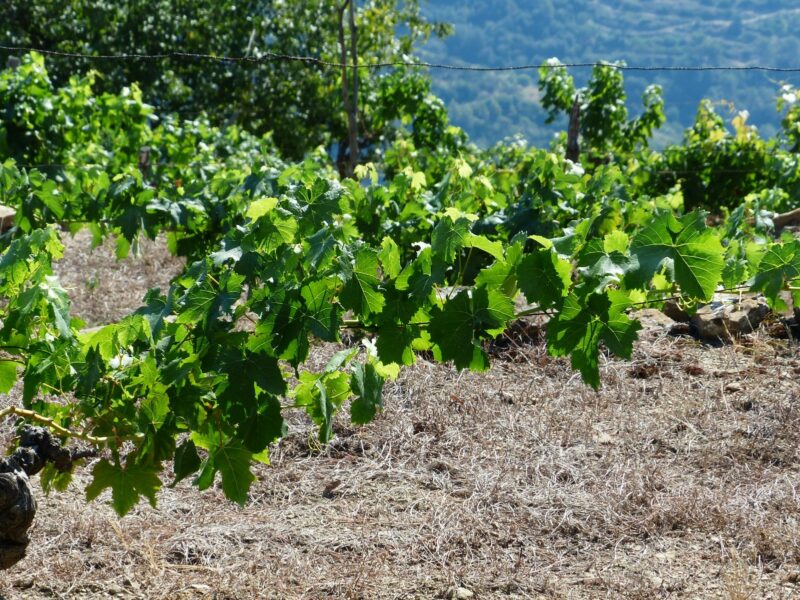
The Way of the Lord
First Sunday of Lent. Fr Bruno Clifton considers why we should do penance.
Our weekly meetings in the Edinburgh University Inter-religious Chaplaincy are often occasions for very enlightening discussions. As Lent approached, the variety among Christians of observances and times, particularly between East and West, was of interest to the non-Christian chaplains who compared the practices with their own seasons for fasting and penance. Daily fasts of nineteen or twenty hours at a time awaited the Muslims in Scotland this year as the season of Ramadan draws nearer to summertime. The Orthodox chaplains will fast from all animal products during the Lenten season, allowing themselves wine and oil only on Sundays.
In the course of explaining Catholic practice I was struck particularly with how lenient we seemed to be about fasting in comparison with other religions and even other Christians. The fourth precept of the Church to ‘observe the days of fasting and abstinence established by the Church’ amounts to two non-consecutive days a year. And this fast is as taxing as we like to make it, being encouraged to eat less that we would normally. Apart from avoiding meat, the content and extent of the fast is left to us. It seems as though Catholics don’t take fasting seriously. As we begin this season of repentance we should consider why we observe Lent with penance.
Jesus’s triumph over temptation at the end of his fast is rooted in his humility. All of Satan’s weaponry is focused on appealing to humanity’s false sense of independence. This is the serpent in the Garden of Eden. We think we are independent, can struggle on alone, can reach out to the tree of knowledge – can grasp at divinity. And this illusion comes from greed and pride. Putting our love of things before our love of God; obscuring our vision of God with our earthly desires; ignoring the needs of others in an inflated sense of our rights.
Three areas of deceit and failure. And the traditional content of penance is threefold: prayer – opening ourselves to God’s love; fasting – curbing our desires to see more clearly the God on whom we depend; almsgiving – allowing ourselves to recognise and respond to the needs of others.
So, Jesus’s forty days in the wilderness represents both humanity’s dependence on God and the penitence required from the world. ‘Repent and believe in the Gospel’ is Jesus’s cry as he comes out of the desert. If we never stop believing, so we should never stop repenting. For the way to the kingdom of heaven is a continuous call to conversion. This is what repentance is for. Our pride and greed cause us to deceive ourselves about where we are on the journey to the kingdom; deceive ourselves about our own power to make the journey at all.
Because repenting and believing in the gospel is the work of God: it is the fasting and triumph of Jesus; it is the cross and the empty tomb.
But repenting and believing in the gospel is the work of God in us and by observing this Lenten season of repentance, following the example of Jesus in God’s grace, the way is cleared for the work to take root. For, prayer, fasting and almsgiving are all gifts of God in His work; we see Him better and realise our need and love for Him. Penance and our penitence is the manifestation, the shining forth of God’s work in us to bring us into the kingdom.
This is why Lent makes no sense without Easter. Conversion of heart both flows from and prepares for our experience of Christ’s salvation. In the Paschal mystery; in the passion, death and resurrection of Jesus the work of God is made manifest, the very work that brings us to repentance.
So this Lent: pray, fast and give alms – for it is God’s gift of faith and conversion.
‘Work out your own salvation with fear and trembling; for God is at work in you, both to will and to work for his good pleasure’ (Philippians 2.12f).
Sorry, the comment form is closed at this time.



A Website Visitor
Thank you Fr. Bruno, Your spirit filled reflection, I will use it for my Friend circulation. God bless you